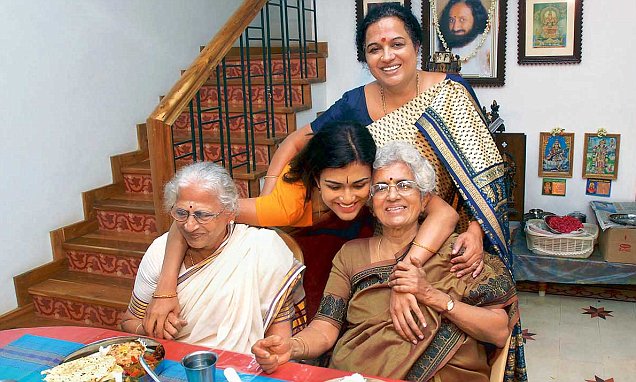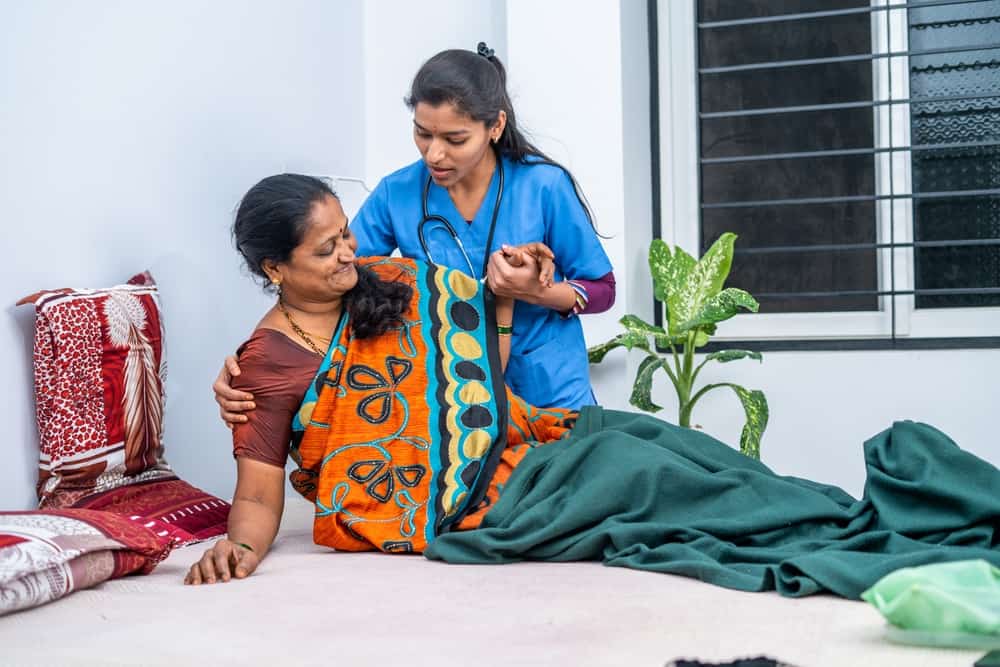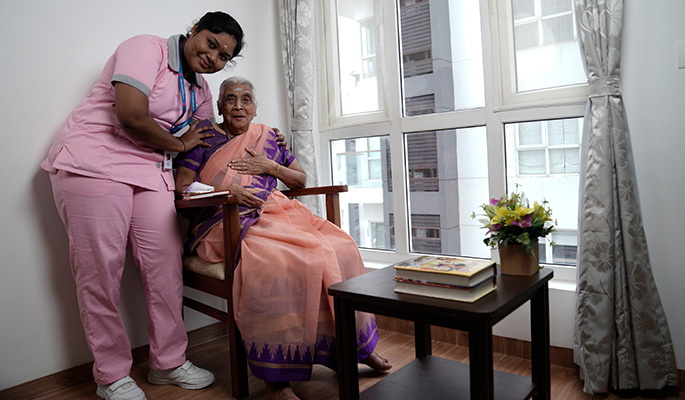Long-Term Care Services in Bangladesh: Enhancing Quality of Life
In Bangladesh, as in many countries around the world, the need for long-term care services is on the rise due to demographic shifts, urbanization, and changes in family structures. Long-term care encompasses a range of services designed to support individuals with chronic illnesses, disabilities, or aging-related needs to live independently and maintain their quality of life. Recognizing the importance of providing comprehensive care for its aging population, Bangladesh has been gradually developing its long-term care infrastructure.
One of the key components of long-term care services in Bangladesh is community-based care. This approach emphasizes delivering care and support within the individual’s community, enabling them to remain connected to their social networks and cultural roots. Community-based care services often include home health aides, rehabilitation services, and day care centers tailored to meet the specific needs of older adults and individuals with disabilities.
Furthermore, Bangladesh has been making strides in expanding institutional care options for those who require more intensive support. Nursing homes, assisted living facilities, and specialized care centers are being established to cater to diverse care needs and preferences. These facilities offer round-the-clock supervision, medical care, and recreational activities to promote the well-being of residents.
Additionally, the government and non-governmental organizations play pivotal roles in promoting access to long-term care services across socioeconomic groups. Subsidies, grants, and community outreach programs are implemented to ensure affordability and inclusivity. Moreover, initiatives focused on caregiver training and support are essential for building a skilled workforce and enhancing the quality of care provided.
Despite these advancements, challenges remain in ensuring equitable access to long-term care services throughout Bangladesh. Rural areas often lack adequate infrastructure and resources, making it difficult for individuals in these regions to access necessary care. Addressing these disparities requires coordinated efforts from government agencies, healthcare providers, and community organizations to bridge the gap and promote health equity.
In conclusion, the development of long-term care services in Bangladesh reflects a commitment to enhancing the quality of life for its aging population and individuals with disabilities. By embracing community-based care models, expanding institutional options, and promoting accessibility and inclusivity, Bangladesh is taking significant steps towards meeting the evolving needs of its citizens and fostering a culture of healthy aging and support.





